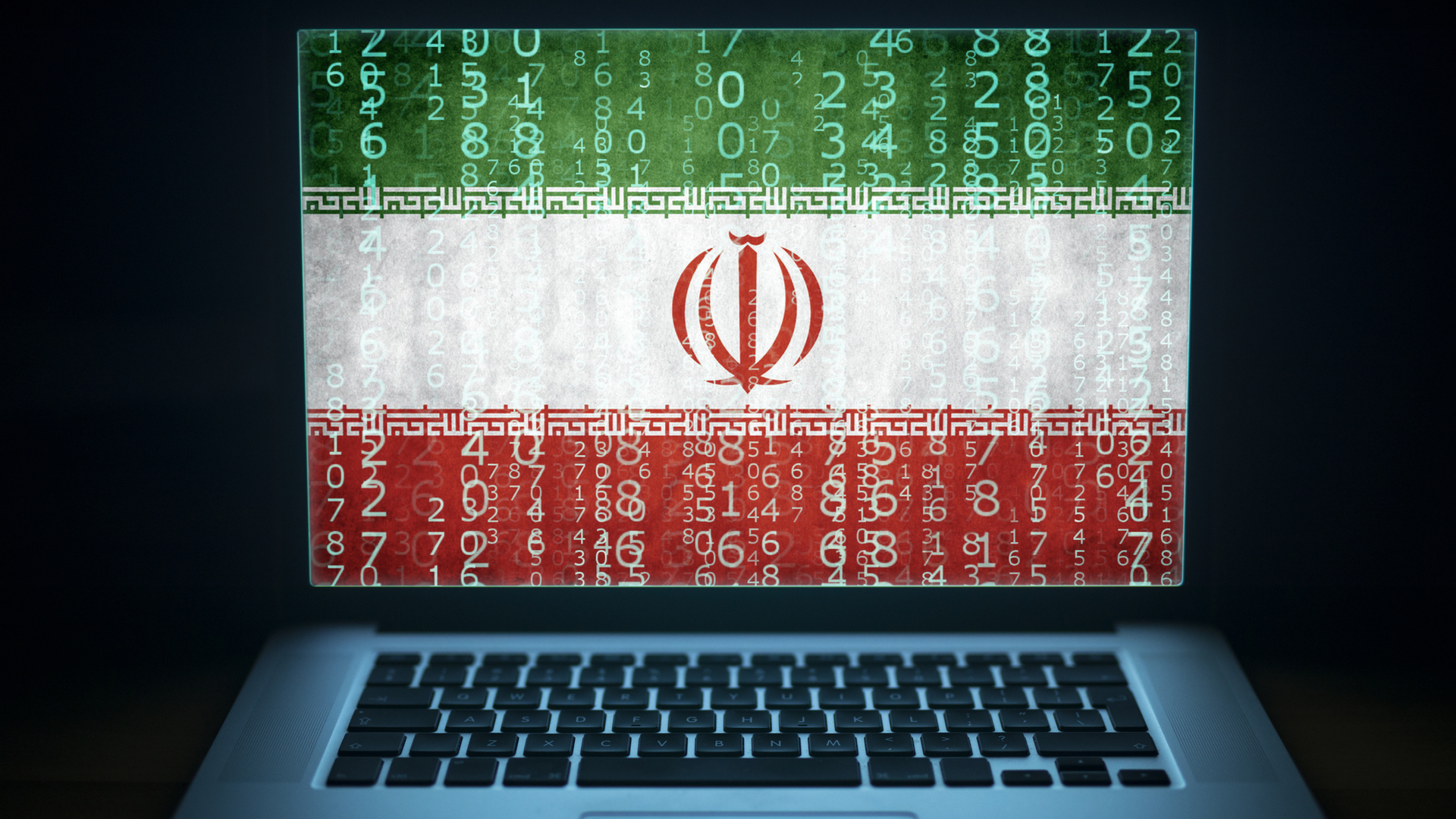Iran resurrects controversial internet bill putting VPN usage at risk
Iranians could be further prevented from connecting globally

Sign up for breaking news, reviews, opinion, top tech deals, and more.
You are now subscribed
Your newsletter sign-up was successful
Iran has just resurrected a controversial Internet bill aimed at tightening authorities' control over the Internet.
Previously halted in 2022, the proposed Cyberspace Protection Bill seeks to significantly change what content Iranians can access online. Although the details of the provisions aren't clear at the time of writing, it's believed that the bill could ultimately make it even "harder" for Iranians to use the best VPN services to bypass further restrictions.
As Iran International reported, the bill's revival comes as a last-minute bid to intensify internet restrictions before the new Parliament is set to officially begin its mandate on May 27, 2024.
How the Protection Bill will affect Iranians
To understand what's at stake for citizens, I talked to Azam Jangravi, an Iranian Information Security Analyst at Canada-based Citizen Lab.
If it becomes law, she told me, the proposed Cyberspace Protection Bill will considerably extend the government's ability to restrict the national digital space. It could disrupt access to international services, ultimately affecting citizens' ability to connect to the global internet. Worse still, she went on to explain, it also threatens net neutrality by allowing authorities to control online content.
"[The bill] could place control over Iran’s Internet infrastructure in the hands of the armed forces and security agencies. For Iranians, this means less online freedom and potential surveillance," Jangravi told me.
In 2022, we reported on how today's resurrected bill also included provisions to criminalize the use of VPN and proxy services. Jangravi explained that the situation remains uncertain at the moment, further "affecting citizens’ ability to maintain privacy online," she added.
What's certain, though, is that VPN usage in Iran has long been a target of authorities. That's because a VPN, short for virtual private network, is security software that spoofs your IP address and encrypts internet connections. VPNs can then enable you to keep accessing global services by helping you bypass strict online restrictions at ease while boosting your privacy on the way.
In 2023, Iran got the silver medal for enforcing the most VPN censorship worldwide—second only to China. In February this year, the government officially outlawed the use of "unauthorized" VPN services.
"Despite the ban on unauthorized VPNs, some citizens may still use them to bypass restrictions," said Jangravi. "However, the bill’s provisions could make it harder to do so."
Iran's National Virtual Space Center has announced the prohibition of unauthorized VPN usage, emphasizing the requirement for official permission. Additionally, placing advertisements on foreign platforms is now restricted. #Iran #InternetRegulations pic.twitter.com/UzJvMXQjVUFebruary 20, 2024
According to Jangravi, the proposed legislation perfectly aligns with the government’s ongoing efforts to tighten control over the Internet. "Authorities have previously disrupted connectivity during protests, showing their willingness to limit access," she said.
Iran was, in fact, one of the biggest perpetrators of internet shutdowns in 2023. Digital rights advocacy group Access Now also recorded a surge of these incidents in the regions, reaching 34 compared to 19 in 2022.
If that wouldn't be enough, "Throughout 2023, Iranian authorities maintained longstanding blocks of specific apps and services, such as Signal, which has been restricted since January 2021, and WhatsApp, Instagram, Skype, LinkedIn, and Viber, all of which have been restricted since 2022," the latest Access Now's report reads.
According to an investigation conducted by the Tehran Electronic Commerce Association (TECA) in January, blocked websites, daily disruptions, slower speeds, and filtering saturation of IP addresses are the "self-inflicted" measures that make internet in Iran among the worst worldwide for connectivity.
While all this inflicts a hard blow also to the country's economy—the Internet Society recently estimates a loss of more than $1 million in GDP daily from blocking internet and VPN services—citizens' rights are undoubtedly the most worrying toll. The Cyberspace Protection Bill could make this already delicate situation even worse.
Asked about the likelihood of the Bill becoming law, Jangravi believes its fate depends on various factors. "It’s hard to predict, but advocacy efforts and international attention matter," she added.
She then recommends all Iranians take steps to safeguard their privacy as much as possible. Using reputable VPN services is vital to face new restrictions. I recommend then checking our detailed guide on the best VPN for Iran and the best free VPN services.
She also suggests encrypting communications to prevent surveillance. Signal is one of the most secure messaging apps using strong end-to-end encryption. Lastly, "stay informed about digital rights and advocate for an open Internet."
Sign up for breaking news, reviews, opinion, top tech deals, and more.

Chiara is a multimedia journalist committed to covering stories to help promote the rights and denounce the abuses of the digital side of life – wherever cybersecurity, markets, and politics tangle up. She believes an open, uncensored, and private internet is a basic human need and wants to use her knowledge of VPNs to help readers take back control. She writes news, interviews, and analysis on data privacy, online censorship, digital rights, tech policies, and security software, with a special focus on VPNs, for TechRadar and TechRadar Pro. Got a story, tip-off, or something tech-interesting to say? Reach out to chiara.castro@futurenet.com